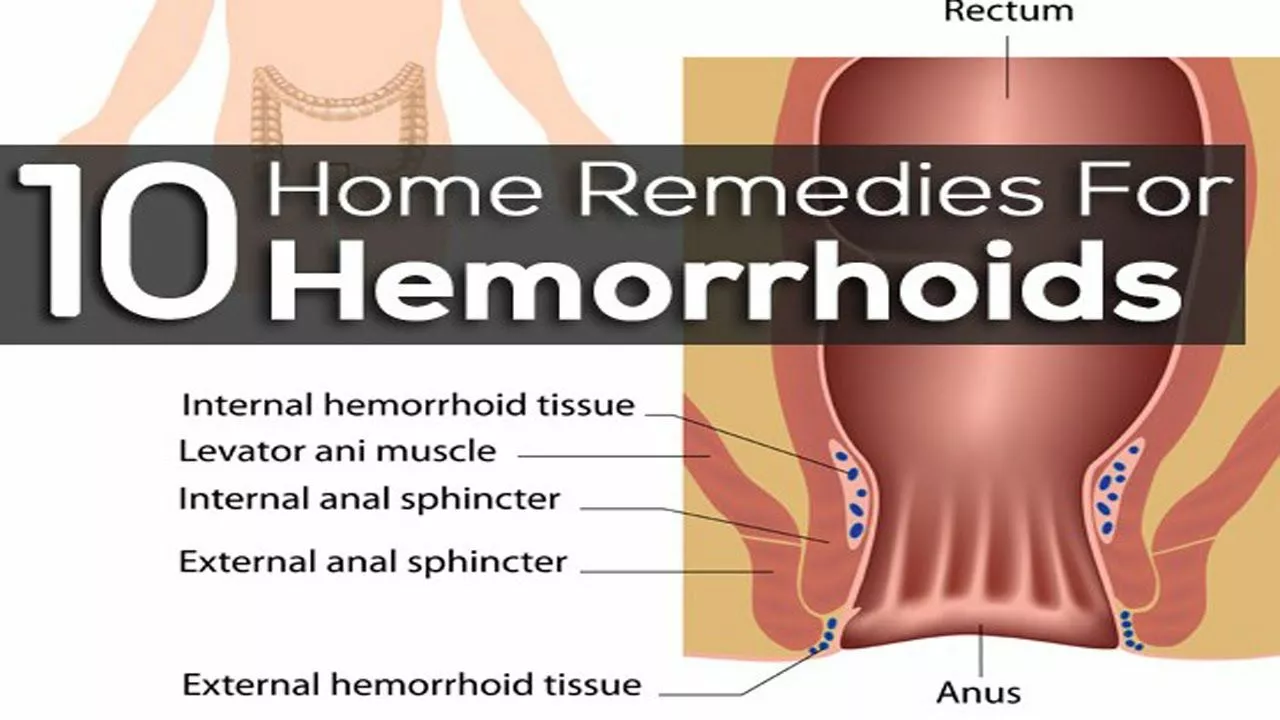Effectiveness: How to Tell If a Medicine or Treatment Actually Works
Ever wonder if a drug or treatment you read about really lives up to the hype? Effectiveness is simple: does it produce the benefit people expect in the real world, not just in a lab. That matters when you pick a medicine, choose a supplement, or compare online pharmacies.
Start by checking the evidence. Randomized controlled trials are the strongest proof, but real-world studies and patient reports add important context. A drug that worked in a trial might be less useful for people with other conditions, on many medicines, or of a different age. Look for clear outcomes — fewer hospital visits, lower symptoms, or measurable lab changes — not vague claims like "supports health."
Effectiveness also depends on how you use the product. Dose, timing, and interactions change results. Missing doses or mixing medications can erase benefit or cause harm. So practical details matter: how to take it, how long until results, and common side effects you should expect.
Quick checklist to judge effectiveness
Here are short, usable checks you can do fast:
- Source: Is the claim backed by peer-reviewed studies or by a marketing page? Prefer studies. - Outcomes: Do studies report meaningful changes (pain reduced, A1c lowered), not just lab markers? - Size & diversity: Were enough people studied and did they include people like you? - Side effects vs benefit: Is the gain worth the risk? Minor benefit with major side effects isn’t effective for most people. - Real-world reports: Do patient reviews and clinical practice match trial results?
Ask yourself: will this medicine change how I feel, function, or my long-term risk? If the answer is yes and evidence supports it, the product is likely effective for your situation.
Where to learn more on this site
We wrote lots of hands-on articles that focus on real effectiveness, not buzz. Want drug comparisons? Check pieces on pioglitazone, Actos, or alternatives to ciprofloxacin. Looking at safety and how to buy online? See our guides about buying colchicine, Motrin, or trusted Canadian pharmacies. Each article highlights study results, common side effects, and practical tips to get the best outcome.
If you’re shopping online, match drug names, read packaging dates, and prefer pharmacies with clear contact info and verified reviews. When in doubt, talk to your prescriber — show them the study or review you found and ask how it applies to you.
Effectiveness isn’t a single fact. It’s a mix of good evidence, correct use, and honest risk assessment. Use the checklist, read the right articles, and ask questions. That’s how you turn claims into real results that actually help you feel better.

The Effectiveness of Prilocaine in Treating Hemorrhoids
As a sufferer of hemorrhoids, I recently came across some interesting information about the effectiveness of Prilocaine in treating this painful condition. Prilocaine is a local anesthetic that has been found to provide significant relief from pain, itching, and discomfort associated with hemorrhoids. In various studies, it has been shown to rapidly reduce swelling and inflammation, making it a highly effective treatment option. Furthermore, this medication has a low risk of side effects and can be easily applied in the form of creams or gels. Overall, I believe that Prilocaine is a promising solution for those coping with hemorrhoids and seeking fast, effective relief.
